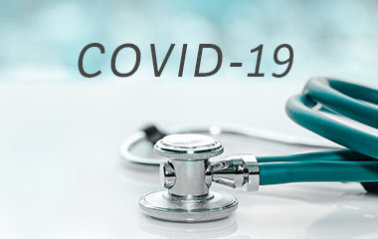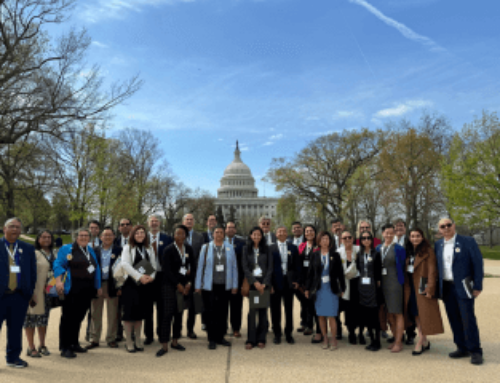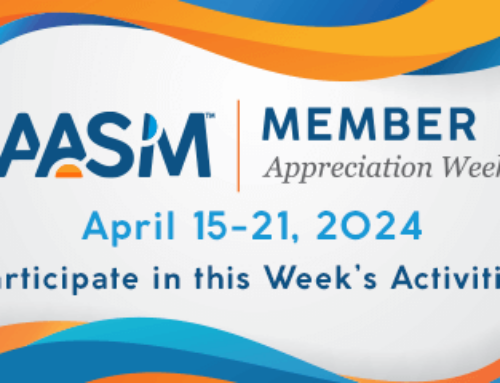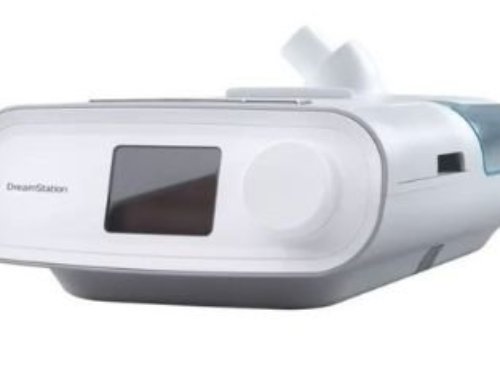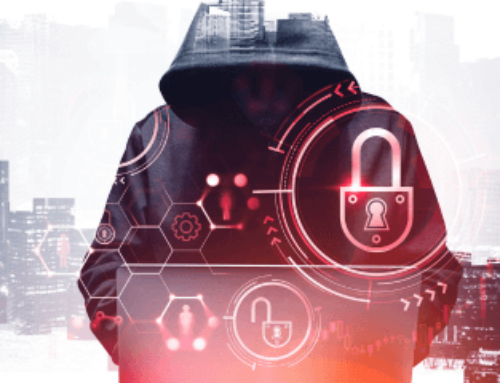On April 9, 2020, AASM Public Safety Committee member Dr. M. Adeel Rishi talked with AASM Past President Dr. Timothy Morgenthaler, co-director of the Center for Sleep Medicine at the Mayo Clinic, about how the hospital and sleep center are providing patient care during the coronavirus pandemic. The discussion is part of the AASM’s Clinical Conversations: COVID-19 series.
You can play the video for the full conversation or review the highlights and summary below.
Highlights
- Mayo Clinic used the early days of the health emergency for triage and planning. Appointments were sorted into urgent, semi-urgent and elective categories. This gave physicians and staff time to prepare for virtual care and virtual testing.
- The majority of the sleep center’s patients were already enrolled in Mayo’s clinical portal and app, giving them access to communications tools with doctors and staff, and easing the transition to telemedicine. The team has been seeing 40-50 patients per week from home. Mayo Clinic increased its internet bandwidth, doubled its virtual private network (VPN) capacity and made other tools available to support virtual visits.
- A designated “physician of the week” staffs the sleep center during regular business hours to handle any urgent face-to-face visits. These week-long rotations limit exposure for all of the staff. A “doctor of the day” handles supervision of clinic staff who are seeing patients virtually.
- Staff handling patient calls or messages have been trained to be responsive and caring. Scripts help answer questions in thoughtful and empathetic ways to address patient concerns and fears.
- Sleep physicians should use this opportunity to share how to help people sleep better and how essential sleep is to overall health, while continuing to invest in the science of health care delivery for sleep medicine.
Summary
Mayo Clinic is unique in that it is a large referral center located in a fairly rural area. The majority of patients travel there from other parts of the country and around the world. Dr. Morgenthaler said that when the coronavirus risks first became apparent, seeing international patients who had already travelled to Minnesota became the priority. Others were sorted into urgent, non-urgent and elective categories to triage visits as the clinic prepared for telemedicine and remote work.
Mayo Clinic had already prioritized connecting with patients through video visits over the last few years, and the tool has been leveraged by the sleep practice to perform virtual care. Many sleep center patients already use Mayo’s online portal and app, which Dr. Morgenthaler said has eased the transition to telehealth because patients have built a level of trust through the communication enabled by the portal.
Currently, the sleep lab uses one physician on a weekly rotation to staff the facility during regular business hours to handle emergencies. A “doctor of the day” manages supervision of clinic staff working from home, and doctors are seeing 40-50 patients a week through telemedicine. The clinic is conducting home sleep apnea tests for at-risk patients and worked with Mayo’s infection prevention and control department to ensure they have a safe cleaning process in place.
Patient calls and concerns come in electronically through Mayo’s portal or by phone and are routed to individuals who are well-equipped to respond. Dr. Morgenthaler said patients are concerned and frightened, and staff have been trained and scripted to help them provide thoughtful, empathetic information to address patient questions and emotions. He said the pandemic has shown the importance of being able to lead during uncertain times and that clear communication is vital. Dr. Morgenthaler is working to make sure his colleagues and staff have clear expectations, are able to adjust as needed, and support each other during today’s challenges.
Recognizing that this is probably the most rapid change that anyone’s every experienced in health care, Dr. Morgenthaler believes sleep physicians in particular are positioned to embrace telemedicine as well as home monitoring and testing. He said now is the time to talk to everyone about how essential sleep is to emotional health and physical resiliency, and how sleep physicians can help us sleep better.





